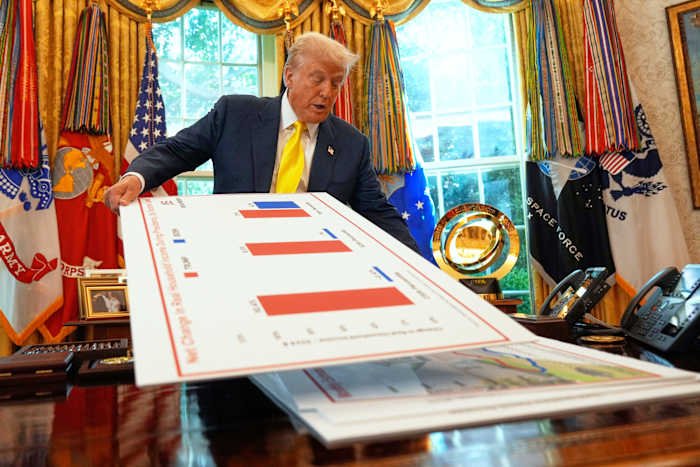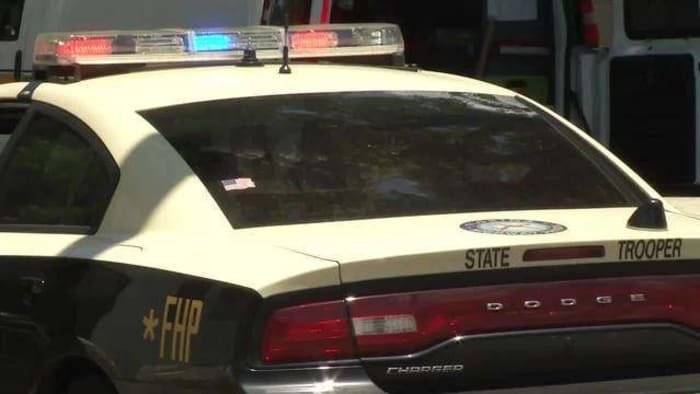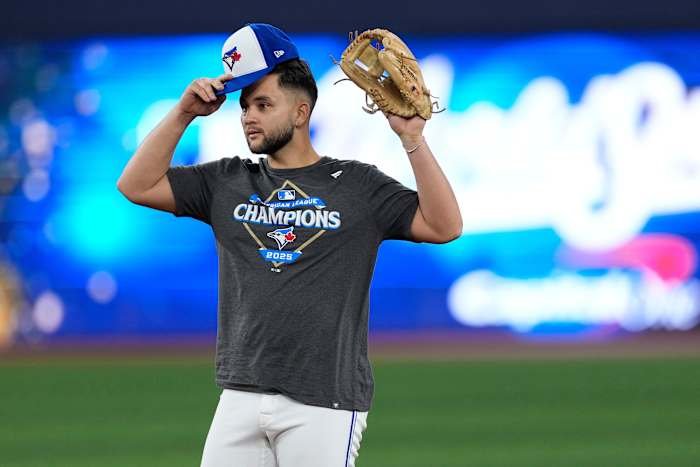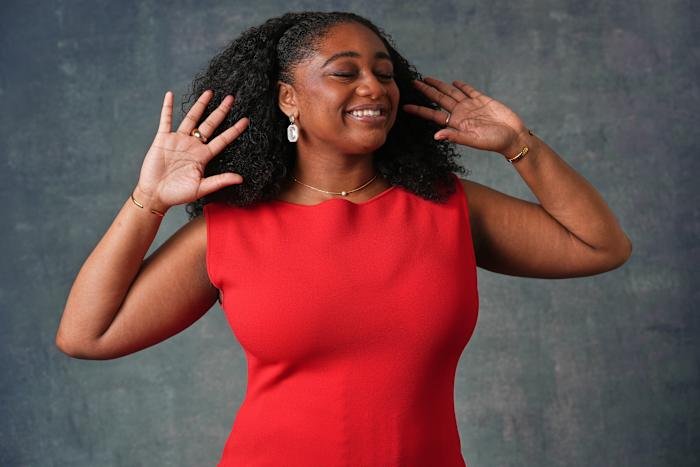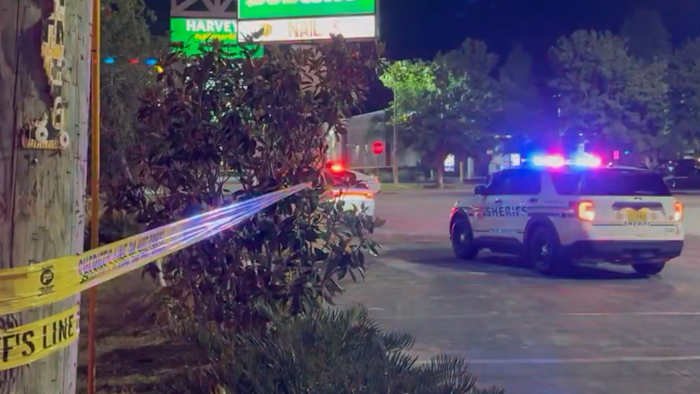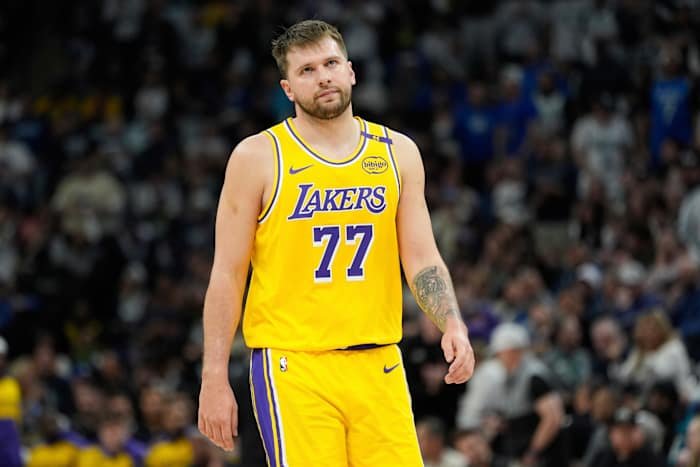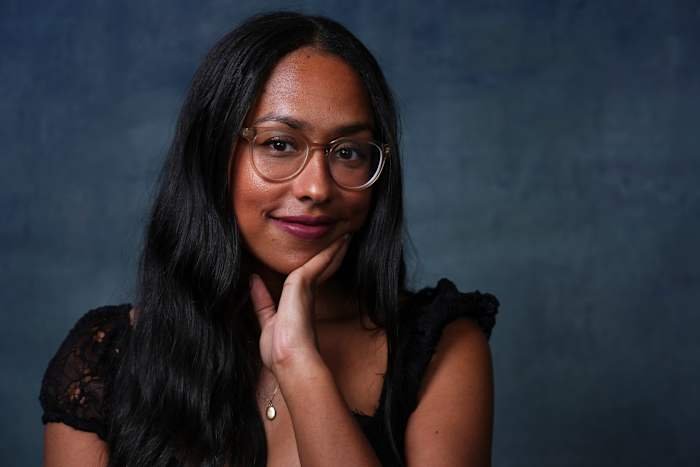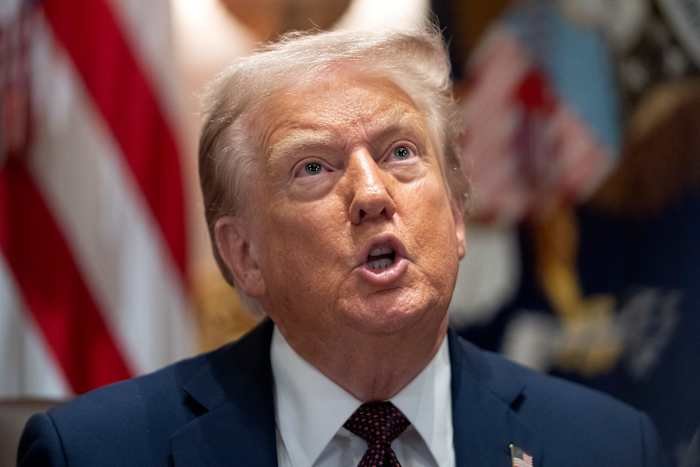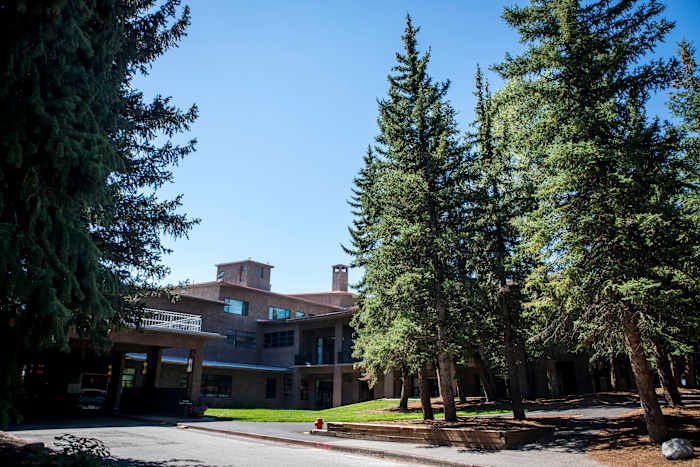Introduction
As the 2024 election cycle heats up, former President Donald Trump has made a concerted effort to appeal to Black voters, especially in key swing states like Florida. He has repeatedly warned that Black Americans are losing jobs in large numbers and that the economy would worsen without his leadership. Despite these claims, recent data and local perspectives suggest that Trump’s economic promises to Black voters have not materialized as expected. In Orlando, a city with a vibrant and diverse Black community, the impact of these promises—or lack thereof—has become a focal point of discussion among residents and leaders alike.
Economic Promises vs. Reality
During his campaign rallies, Trump has painted a bleak picture of the economy for Black Americans, often insisting that his administration was responsible for historic employment gains among minorities. However, a closer look at Bureau of Labor Statistics data and local job reports shows a different story. While there was a modest increase in Black voter support for Trump in 2020 and early 2024 polls show a slight uptick, the economic advances he touts have not been sustained or evenly distributed.
For Black residents in Orlando, industries most affected by the pandemic—such as hospitality, tourism, and retail—have been slower to recover. Many workers have struggled to find stable employment and affordable housing despite promises of robust economic growth. Local business owners, who had hoped for more small business support, report that access to capital and grants remains a persistent challenge. These on-the-ground realities contrast sharply with the national rhetoric from Trump’s campaign.
Unemployment Trends Among Black Floridians
Trump frequently claims that under his leadership, Black unemployment reached record lows. While the pre-pandemic economy did see a dip in unemployment rates among Black Americans, those gains were largely erased by the COVID-19 crisis. In Florida, Black unemployment rates remain higher than those of their white counterparts, and the recovery has been uneven.
In Orlando, the city’s economic recovery has been bolstered by the return of major tourism and entertainment events, but Black workers are still more likely to be employed in lower-wage, less secure positions. Many have not seen their wages keep pace with inflation, and affordable housing remains out of reach for many families. Trump’s campaign promises of job creation and economic empowerment have thus yet to translate into meaningful change for Orlando’s Black community.
Community Voices: Local Leaders and Residents Respond
Leaders in Orlando’s Black community have been vocal about the need for targeted support and meaningful policy changes. Organizations like the African American Chamber of Commerce of Central Florida have called for more investment in Black-owned businesses and workforce development programs. Local residents, meanwhile, express skepticism about political promises that have yet to bring tangible improvements to their neighborhoods.
At recent community forums, Orlando residents have shared stories of job losses, underemployment, and the challenges of accessing both public and private resources. Some acknowledge that Trump’s messaging resonates with frustrations over slow economic recovery, but many are wary of campaign promises that do not come with concrete plans or follow-through. Others point out that while there has been a modest shift in Black voter support for Trump, it is driven more by dissatisfaction with the current economic climate than by a belief in Trump’s particular policies.
Looking Ahead: What Black Voters Want in 2024
As the 2024 election approaches, Black voters in Orlando and across Florida are making it clear that economic promises alone are not enough. They want detailed plans for creating good-paying jobs, expanding access to affordable housing, and supporting Black entrepreneurship. Many are looking for candidates who will address systemic inequalities and invest in long-term solutions that benefit their communities.
This demand for accountability and substance over slogans is reshaping the political conversation in Orlando. Both parties are being challenged to present actionable strategies for economic inclusion and upward mobility. For Trump, the modest shift in Black voter support seen so far does not guarantee lasting gains unless his campaign can back up promises with real results that resonate with local realities.
Conclusion
Despite high-profile campaign stops and sweeping economic promises, Donald Trump’s message to Black voters has so far failed to deliver significant improvements for Orlando’s Black community. As the election draws nearer, local residents are focused on the policies and leadership that will bring real, lasting change to their neighborhoods. What do you think about the impact of national politics on Orlando’s Black community? Share your thoughts in the comments below and join the conversation!

